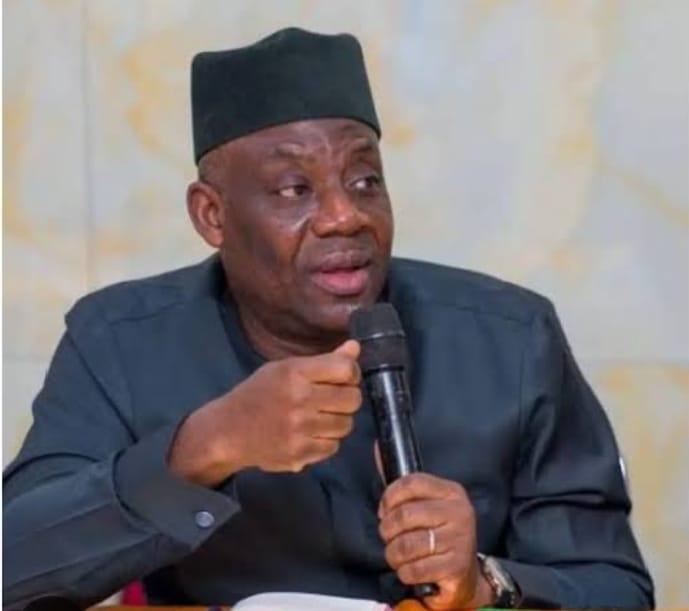Kabiru Haruna
Abuja -The Minister of Education, Dr. Maruf Olatunji Alausa, has officially unveiled the National Policy on Skills Development, marking a significant milestone in Nigeria’s journey toward building a competitive and skilled workforce.
Represented by his Senior Special Assistant (SSA), Dr. Ismaila Adiatu, Dr. Alausa emphasized that the policy reflects the government’s commitment to empowering citizens with practical and relevant skills to meet the demands of the labor market.
Minister Advocates for Sustainable Educational Programs, TVET
“For many years, we have struggled with unemployment and underemployment, largely due to a mismatch between graduates’ skills and labor market requirements.
This policy directly addresses these challenges. Skills development is not just an educational imperative but a fundamental economic and social necessity,” Dr. Alausa stated.
He further described the policy as more than a collection of ideas, saying that, it is a blueprint and roadmap for a brighter future, rooted in the belief that human capital is Nigeria’s greatest resource.
“ Investing in skills development, he said, is a direct investment in the nation’s economic and social prosperity”
Minister of Education Commends Cordenia Technology Foundation
He noted that, to support the policy’s implementation, the Ministry of Education has partnered with the African Development Bank (AfDB) to train 229 girls from Federal Science and Technical Colleges in painting and decoration.
“ In 2024 alone, 134 students from the North-East have been trained in tiling and interlocking. These initiatives aim to equip young Nigerians with marketable skills and reduce unemployment”
Dr. Alausa stressed that the unveiling of this policy is not the end, but the beginning of a new era for skills development in Nigeria.
He called on stakeholders to actively support and contribute to this crucial national endeavor.
Education Key to Unlocking Nigeria’s Potential – Minister
In her opening remarks, the Minister of State for Education, Professor Suwaiba Sa’id Ahmad, represented by Dr. Claris Ujam (SA Technical), underscored Nigeria’s vast potential, vibrant youth population, and abundant resources.
She stressed that unlocking these assets requires strategic investment in skills development, from early childhood education to tertiary institutions.
“Our education system must go beyond traditional learning. It must foster practical, entrepreneurial, digital, and vocational skills to meet the demands of a dynamic job market,” she stated.
She further highlighted the need to bridge the gap between graduates’ skills and employer needs, warning that this mismatch hinders individual career growth and national productivity.
The Permanent Secretary of Education, Dr. Nasiru Sani Gwarzo, represented by Dr. Muyiba Olodo, reaffirmed the government’s unwavering commitment to prioritizing skills development as a key pillar of national progress.
He emphasized that Nigeria, with its large youthful population and dynamic entrepreneurial spirit, faces both challenges and opportunities that require innovative solutions.
Representatives from UNICEF and UNESCO also expressed strong support for the initiative, highlighting that skills acquisition is essential for human capital development and economic resilience.
As Nigeria embarks on this transformative journey, stakeholders across government, private sector, and development organizations are urged to collaborate in ensuring the successful implementation of the National Policy on Skills Development.





